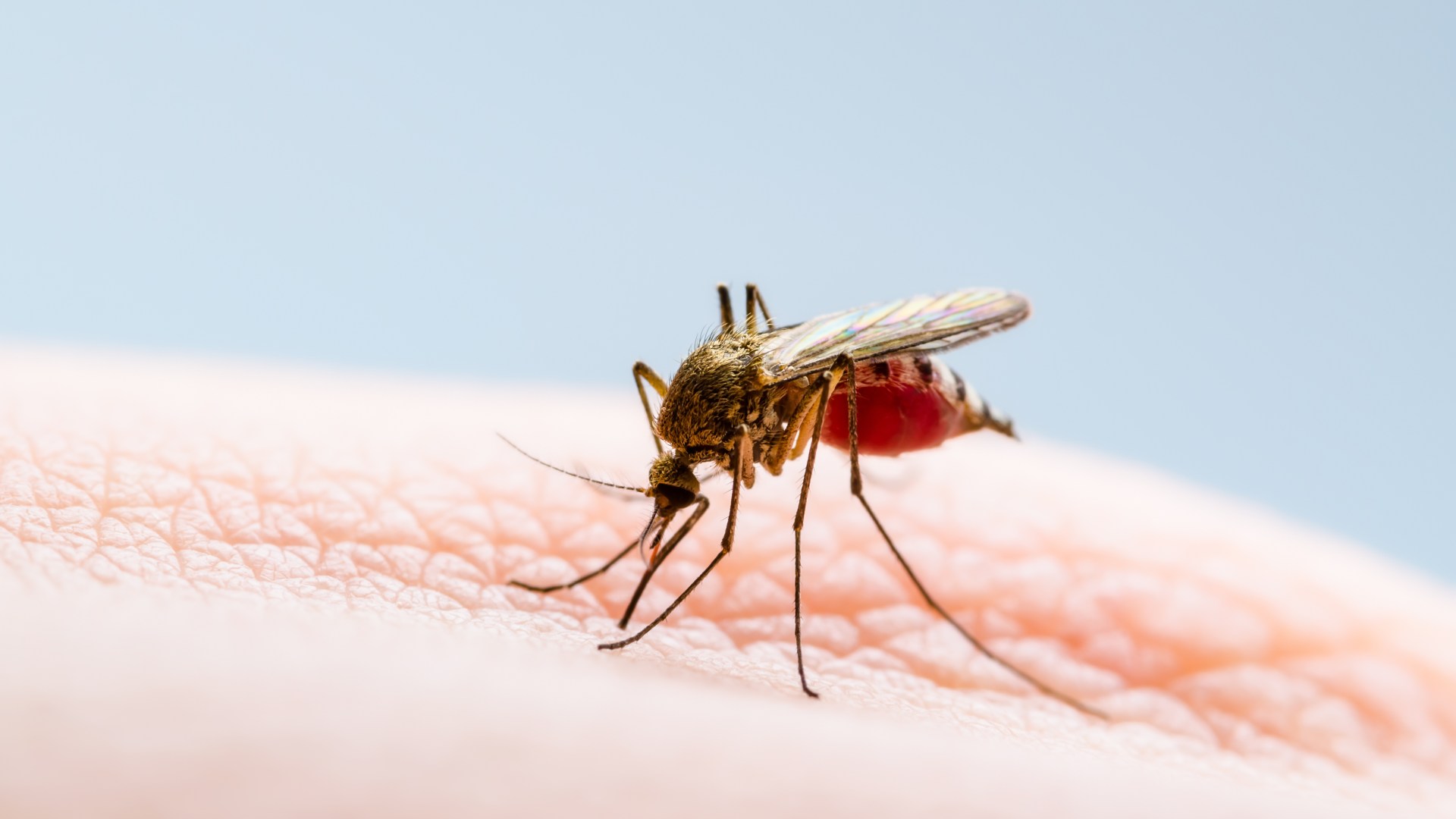EIGHT people have died of West Nile virus so far this year in Europe.
Five were in Greece, two in Italy, and one in Spain, according to figures from the European Center of Disease Prevention and Control (ECDC).

2
Human cases have been reported in Austria, Croatia, France, Hungary, Romania, and Serbia.
As of July 31, there has been a total of 69 locally-acquired infections across the continent.
They were highest in Greece, where 31 were confirmed, followed by Italy (25) and Spain (5).
Austria, Hungary and Serbia each reported two cases, while France and Romania both detected one.
READ MORE ON WEST NILE VIRUS
Croatia reported its first case in August.
Officials say the total number of cases reported in 2024 is within the “expected range”, but data suggests it is higher than in previous years.
There were 709 reported cases in nine European countries in 2023, including 67 deaths.
This was down from the 1,116 in 2022 – but more regions were affected by the spread of the virus in 2023 than any year since 2018.
An ECDC spokesperson said: “West Nile virus (WNV) season is in full swing in Europe.
“The expected seasonal increase of locally acquired infections in Europe was observed as of July this year, indicating that the transmission season is well under way.
“At the European level, the total number of cases reported so far this year is within the expected range, even though the number of cases in Greece and Spain are higher than in previous years.
“Clinical and severity indicators are also similar to previous years.
“All regions affected this year were either previously affected or had neighbouring regions that have reported cases.”
They added that given the “favourable weather conditions” for transmission, “additional human cases are expected in the coming weeks and months”.
The circulation of the virus is particularly intense during the current 2024 transmission season
Hellenic National Public Health Organization
WNV belongs to the same family as Zika, dengue and yellow fever and spreads by mosquitoes.
It is usually found in Africa, the Middle East, North America and West Asia, but critters carrying the condition are becoming more common across Europe.
According to the NHS, most people who get WNV won’t develop any symptoms, and they will get better without needing any treatment.
This is about 80 per cent of patients, the ECDC says.
However, some will experience flu-like symptoms, such as a fever, body aches and headache, a rash, and feel sick.
Muscle weakness, eye pain, vision loss, numbness, neck stiffness, confusion, vomiting, diarrhoea, fatigue and seizures are also possible.

2
Anyone aged 50-plus or with another health condition, such as cancer, diabetes, kidney disease or high blood pressure, is at increased risk of getting seriously ill.
The illness can develop into West Nile neuroinvasive disease (WNND), which affects the nervous system.
This has a mortality rate of up to 17 per cent, according to the ECDC.
There is no specific treatment for WNV, but doctors recommend rest, staying hydrated and taking over-the-counter pain relief.
However, in more serious cases, patients need to be admitted to hospital as the virus can lead to meningitis (inflammation of the membranes that surround the brain and spinal cord) and encephalitis (inflammation of the brain), the Centers for Disease Control and Prevention (CDC) warns.
The symptoms of West Nile virus
ABOUT 80 per cent of people with West Nile virus won’t have any symptoms.
But those that do have them might experience the following two to 14 days after being bitten:
- Fever
- Body aches
- Headache
- Tiredness
- A rash
- Nausea
- Vomiting
- Muscle weakness
- Confusion
- Disorientation
- Stupor
- Vision loss
- Numbness
- Neck stiffness
- Diarrhoea
- Seizures
- Convulsions
- Coma
- Paralysis
Source: World Health Organization
There is no vaccine for WNV, but it is not contagious.
The only way to get it is from being bitten by an infected mosquito, or through blood transfusion, organ transplant or from mother to baby during pregnancy.
Most cases in humans occur between July and September, when Culex pipiens mosquitoes are active.
The best way to protect yourself when visiting high-risk areas is by using insect sprays, long clothing and mosquito nets.
Earlier this month, Greece’s public health body, the Hellenic National Public Health Organization (EODY), said: “The circulation of the virus is particularly intense during the current 2024 transmission season, with the number of recorded cases higher compared to the previous five years for the same time period.”
While the geographical distribution of the virus is wide, with cases already recorded in five regions of Greece, more cases are expected in the country and other European nations, they added.
Citizens and travellers are urged to use insect repellents, mosquito nets and be aware of stagnant bodies of water.
When health officials calculate the number of locally-acquired cases, they take into account people who have not travelled and get bitten by an infected mosquito where they live, work or play.




